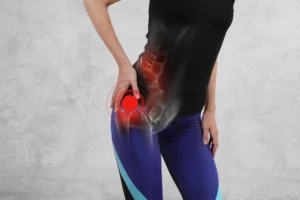As children grow and develop, their gross motor skills play a crucial role in their overall physical abilities. Gross motor skills involve the use of larger muscle groups to perform movements like running, jumping, and climbing.
Understanding the typical milestones for gross motor development in 3-4 year olds can help parents and caregivers track their child’s progress and identify any areas that may need extra attention. In this blog post, we will explore the typical gross motor milestones for children between the ages of 3 and 4.
Walking and running:
By age 3-4 years old, most children have mastered walking and are becoming more confident in their skills. They can walk and run with improved coordination, balance, and control. Their steps become more fluid, and they can change direction while moving. They may even start experimenting with different speeds.
Jumping:
Jump with both feet leaving the ground simultaneously. They may start by jumping off low steps or curbs and gradually progress to increased heights as they build up their confidence.
Hopping:
Children might be attempting to hop on one leg at this stage, but this can still be challenging for some 3-4 year olds.
Climbing:
Children love to climb and explore their environment. They may start to attempt to climb playground equipment, such as ladders and small structures with minimal assistance.
Stairs:
They can climb stairs independently, using alternating feet, while holding onto the railing for support.
Balance:
By age 3-4 years old, children can stand on one leg for 5-6 seconds.
Kicking and throwing:
Children in this age range become more confident at kicking and throwing a ball as their force, direction and coordination improves.
Remember, every child develops at their own pace, so there may be some variation. Encouraging and providing opportunities for your child to engage in active play and explore their physical abilities can help them thrive and reach their full potential. However, if you have any concerns about your child’s gross motor skills or if you notice any delays, it is important to consult with your Paediatrician or contact us today to speak with a Paediatric Physiotherapist.


